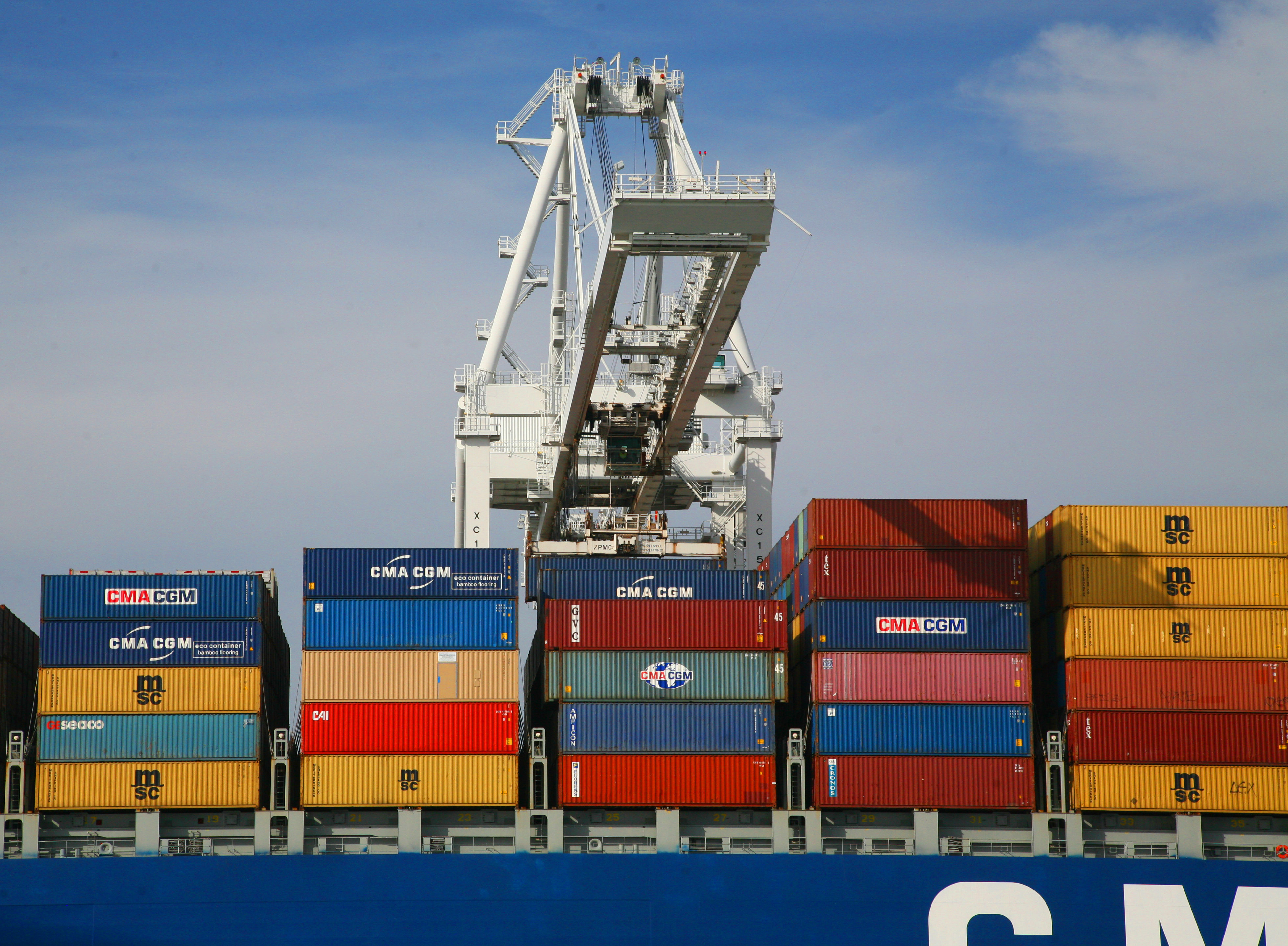
When discussion turns to migration and refugees, the present moment is frequently said to be one of ‘crisis’. The increasing number of refugees coming to European countries is often described as overwhelming, and political responses tend towards building walls and increasing border controls. While there are real challenges that come with the recent increase in refugees and asylum seekers, people and governments have the power to choose how they respond. Many cities across the EU are choosing innovation and pragmatism, offering lessons for others.
Europe’s cities are on the front lines. They are hubs for reception and transit, and are often the end destination for refugees. Cities must grapple with the practical, everyday issues of how to house, educate, train and integrate these individuals, and many cities have proven remarkably resourceful and innovative in doing so. Hamburg, the German city which took in 61,500 asylum seekers in 2015, offers a fantastic example of this. Here are three ways how.
1. Medical care in shipping containers.
When refugees and asylum seekers first arrived in Hamburg, one of the key challenges was providing immediate medical consultations for people who had frequently faced gruelling journeys to get to Germany and required urgent medical care. City authorities lacked the space to provide care to increasing numbers of people, and faced significant language barriers. What did a city with one of Europe’s largest shipping ports do to tackle this issue? They turned to a resource which they had on hand – shipping containers – and made them into emergency medical consultation centres.
Private companies worked alongside city authorities, including the University Medical Centre Hamburg-Eppendorf (UKE) and the Hamburg health department, to turn the containers into Refugee First Response Centres (RFRC). These centres provided the much needed space for medical consultations while also overcoming the language barriers by facilitating live video translation possibilities in over 50 languages through internet connections in the containers. Communication is key to providing comprehensive medical care, and this live video translation service was a major step forward.
Since the influx of refugees and asylum seekers happened within a short period of time, speed was a necessity. By turning to a resource readily available locally, and by drawing on a cross section of municipal, academic and industry expertise, the medical consultation centres were able to be deployed in only six weeks, with the first container located at the refugee reception centre overseen by the Red Cross of Germany. The containers have proven very effective and have won numerous innovation awards. Citizens, foundations and businesses are now stepping in to donate funding towards growing the stock of containers. The success is such that these medical consultation centres are now being sent to other areas on the front lines, including the Greek island of Samos and Beirut in Lebanon.
2. Citizen engagement in refugee resettlement.
The City Science Lab offers another great example of innovative responses being generated in Hamburg. The city collaborated with the Massachusetts Institute of Technology (MIT) and HafenCity University to develop a platform for citizens to engage in the distribution of refugee centres throughout the city. To address the challenge of equally and fairly distributing refugees and asylum seekers in Hamburg, the City Science Lab uses data provided by the municipal government to locate potential areas for future refugee centres while also offering citizens the opportunity to voice their views on the suitability of these locations. By promoting a citywide dialogue around accommodating the significant numbers of refugees and asylum seekers, the City Science Lab is playing an important role in helping to mitigate tensions surrounding the placement of refugee centres, which is often a key issue of contention for host communities.
3. Pragmatic restructuring of how key services are delivered.
The city of Hamburg is also pragmatically restructuring the way it delivers services to refugees and asylum seekers. Instead of having the refugees and asylum seekers try to navigate the siloes of government agencies, the city brought together all the relevant agencies such as shelter, food, education, language training, health care and legal advice under one umbrella. A cross-disciplinary taskforce called the Central Coordination Taskforce for Refugees was established to coordinate efforts between these government departments as well as to synchronise efforts between the government and civil society. By unifying the delivery of services and coordinating closely with civil society, the city is creating the space for civil society to play a greater role in all phases of refugee reception and integration, from distributing water and medical aid, to helping out at refugee shelters and teaching German. This is enhancing the support refugees receive and helping to fill any gaps left by government services.
But why are these three innovations in Hamburg important in the grand scheme of things? While naturally there have been both successes and failures in innovative responses to the influx of migrants and refugees, the successes have been many and they need to be shared. Cities are on the front lines, and the successful handling of refugee movements is as important as the decisions of national leaders. Many of Europe’s cities are offering a way forward through innovation and pragmatism, and this offers lessons for communities across Europe which are facing similar challenges. While immigration is often framed in terms of ‘crisis’ – the narrative that migrants and refugees are an overwhelming problem for Europe and there is no constructive way forward – these examples demonstrate the exact opposite: the resilience and innovation of cities which are among the most affected. Instead of being fearful, these cities highlight opportunities in moments of change.